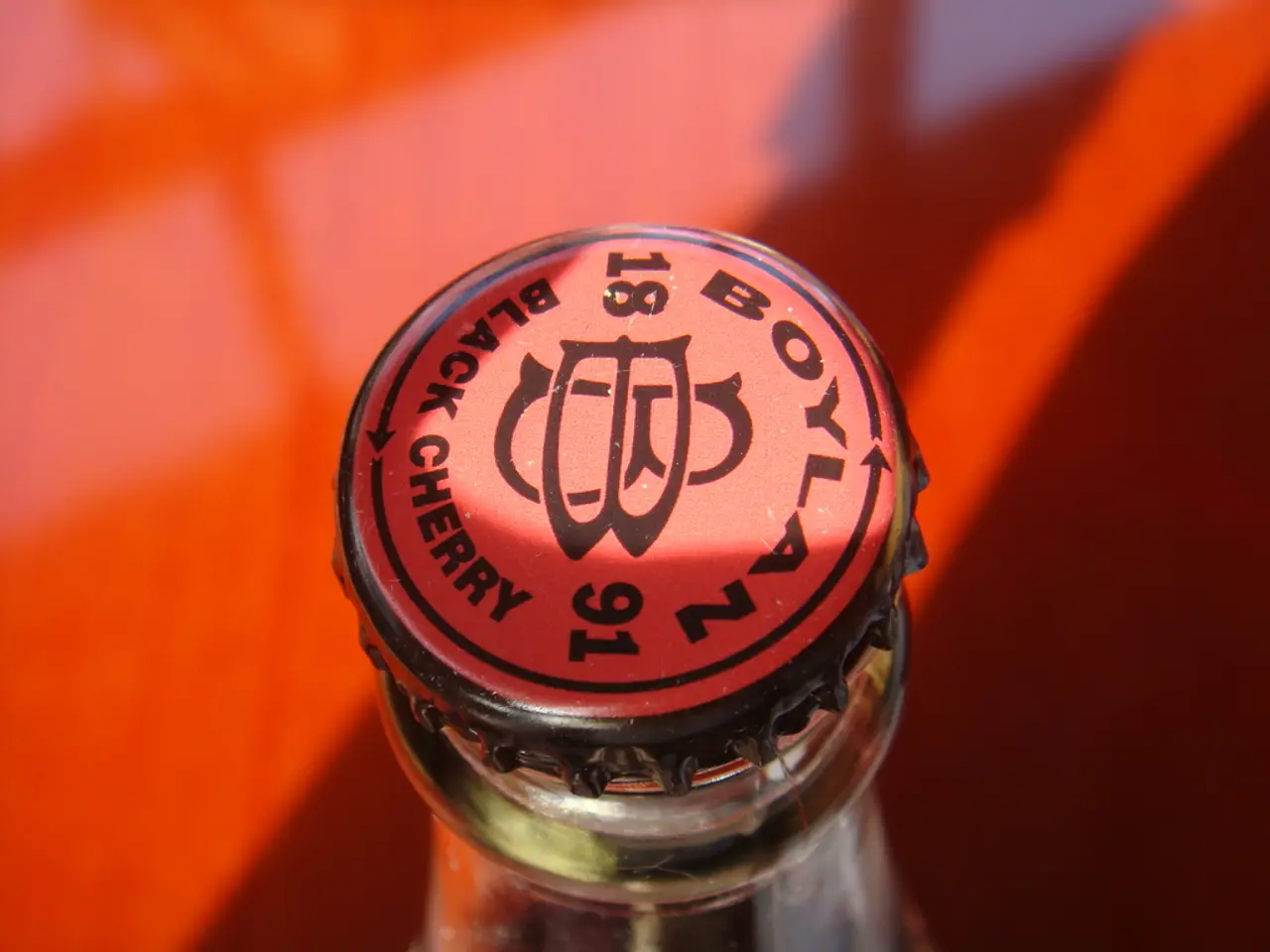Old automobiles experiencing issues due to ethanol-infused fuel? Government retorts, "These worries are..."
The Indian government is forging ahead with its plans to increase ethanol blending in petrol, with the target being E20 (20% ethanol). This move is driven by a desire to reduce carbon emissions, enhance energy security, and boost the rural economy.
The scientific reasons behind this push are manifold. By blending ethanol into petrol, the government aims to lower carbon emissions, increase energy security by decreasing dependence on imported crude oil, and support agricultural farmers by increasing demand for crops like sugarcane and maize. Studies suggest that ethanol blending has already contributed to a reduction of 698 lakh tonnes of CO2 emissions and has saved approximately ₹1.36 lakh crore in foreign exchange by decreasing crude oil imports.
However, concerns have been raised about the potential impact of E20 on vehicles, particularly older models. The government and the Ministry of Petroleum and Natural Gas assure that E20 poses no significant harm to engine power, torque, or fuel consumption for vehicles designed or calibrated for the blend. Marginal mileage drops, typically within 1–6%, can be managed by engine tuning. In fact, ethanol's higher octane rating (~108.5) supports better ride quality and modern high-compression engines. Since 2023, all new vehicles in India have been tuned for E20 compatibility, with no reported issues.
Despite these assurances, concerns remain for older vehicles not designed for E20. Automakers caution that older models calibrated for E10 may face risks like possible damage and warranty issues if fueled with E20. These older vehicles may lack ethanol-resistant components, potentially risking engine parts and seals. To address these concerns, the government and automakers have agreed on a phased approach and transparency in the rollout of E20 to protect consumers.
In summary, the push for 20% ethanol blending is scientifically supported for environmental and economic reasons, with assurances for modern vehicles but caution advised regarding older models not designed for higher ethanol blends. The government considers ethanol blending to be a forward-looking, scientifically supported, and environmentally responsible measure.
Elsewhere, Tesla is set to open a second showroom in India on August 11, located in Bengaluru, not Chennai.
The article was updated on August 4, 2025, at 10:52 PM IST.
[1] Ministry of Petroleum and Natural Gas. (2025). Ethanol Blending in India: A Step Towards Sustainability. [online] Available at: https://www.petroleumministry.gov.in/ethanol-blending-india-step-sustainability
[2] Ministry of Agriculture and Farmers Welfare. (2025). Ethanol Blending: Boosting Agriculture and the Rural Economy. [online] Available at: https://www.agriculture.gov.in/ethanol-blending-boosting-agriculture-and-rural-economy
[3] Society of Indian Automobile Manufacturers. (2025). E20 Compatibility: A Guide for Automakers. [online] Available at: https://www.siamindia.com/e20-compatibility-guide-automakers
[4] Bureau of Indian Standards. (2025). E20 Safety Standards: Establishing Corrosion Inhibitors and Compatible Fuel System Materials. [online] Available at: https://bis.gov.in/e20-safety-standards-establishing-corrosion-inhibitors-and-compatible-fuel-system-materials
[5] Automotive Research Association of India. (2025). E20 and Older Vehicles: A Cautionary Tale. [online] Available at: https://www.araai.gov.in/e20-older-vehicles-cautionary-tale
- The Indian government, with the target being E20, is striving to boost the automotive industry by increasing ethanol blending in petrol, citing environmental science and economic advantages such as reduced carbon emissions, improved energy security, and positive rural development through agriculture.
- The Ministry of Petroleum and Natural Gas assures that modern vehicles designed for E20 compatibility have no significant harm due to higher ethanol content, as evidenced by a higher octane rating and better ride quality. However, older models not designed for the blend may experience issues with engine parts and seals.
- The government and automakers have agreed upon a phased approach and transparency in the rollout of E20, aiming to protect consumers from potential risks related to older vehicle models that might face damage or warranty issues when fueled with E20.
- Amidst increased ethanol blending, Tesla is expanding its presence in India by opening a second showroom in Bengaluru on August 11, 2025, contributing to the growth and diversification of the country's automotive industry.




